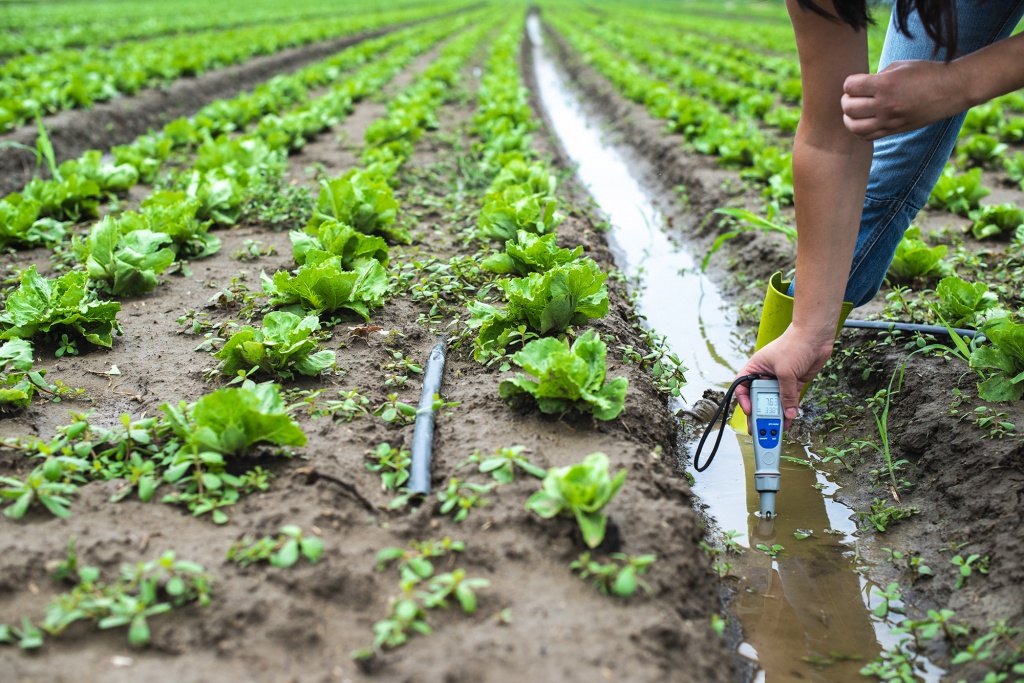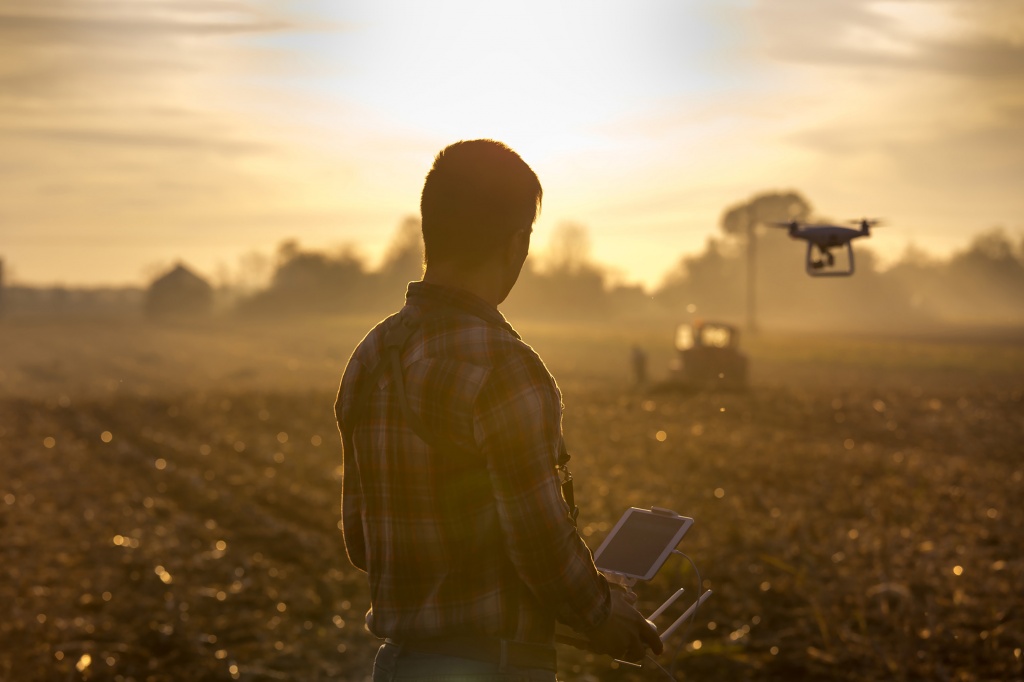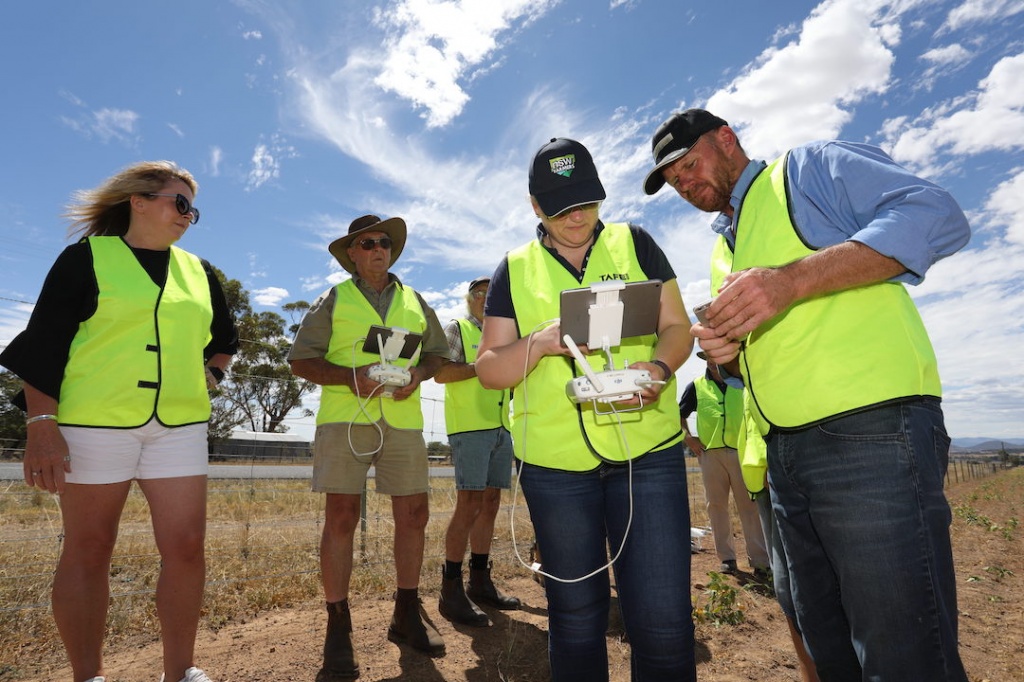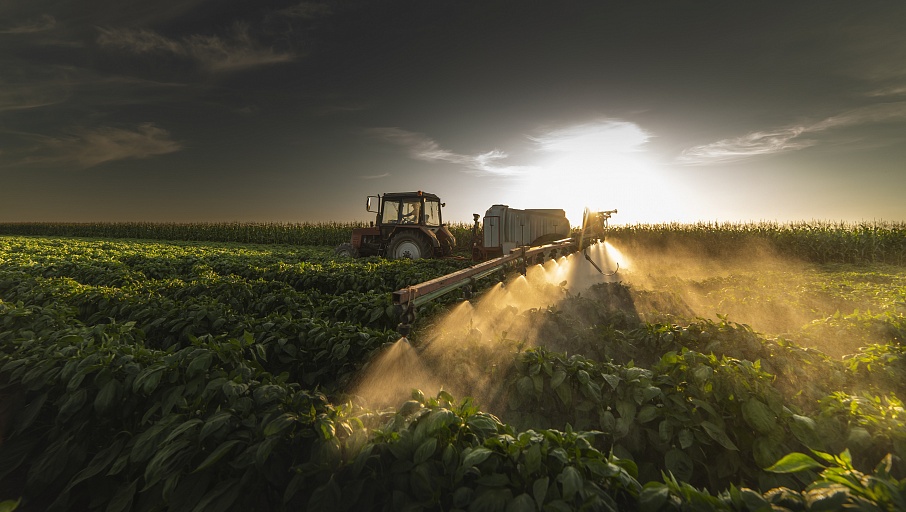Careers in agriculture
02.02.2022 | agriculture
Gone are the days when work in agriculture was limited to farming or driving a tractor. Today, people can study and work in numerous branches of agriculture and other related fields. Seeking a career in agriculture is not as difficult as many people think.
A quick Internet search turns up more than 50 professions, and that's before you even get to the word 'farmer'. Here are just a few of them:
- Agricultural engineer
Functions: improving existing agricultural practices, designing new equipment and machinery using automated technologies, advising farmers and businesses on land use, assessing the impact of current processes on crops and the environment, managing agricultural construction projects.
- Soil and Plant Scientist
Functions: research of soil composition, study of alternative methods of crop cultivation (e.g. genetic modification) in order to achieve maximum efficiency.

- Seller of agricultural products
Function: sales of machinery, animal feed, fertilisers and seeds to farmers, counselling.
- Animal geneticist
Function: study of animal genetics, cross-breeding and breeding, etc.
- Environmental Scientist
Function: analyse data, identify patterns and assess threats to the environment. This also entails developing strategies to prevent, control or solve environmental problems.
- Agronomist
The agronomist is a special kind of scientist who specialises in crop production and soil management. He works hand in hand with food producers to help them find ways to improve and increase yields.
- Precision farming specialist
Functionality: provide technical assistance to farmers and producers who use precision technology in their production processes.

Careers outside agriculture are also growing as support networks in the industry expand. Artificial intelligence is a case in point, as more and more farmers are using technology to provide a competitive edge. Information technology graduates are also needed to develop the tools that modern farming requires. Using robotics combined with artificial intelligence, farmers have access to better information about crop yields and can better predict their ultimate income levels.
As global markets adapt to climate change, the need for professionals in the natural sciences, biology, chemistry and physics to better understand soil management and plant growth is increasing.
Changing perceptions
Developing educational materials in agricultural careers is a challenge, largely due to the prevailing perception that owning a farm is the only way to make a career in agriculture.
Many educational institutions do not promote agriculture. Young people find the job boring, and although this is slowly changing, many urban dwellers have no idea where food actually comes from. There is still a stereotypical image wrongly associated with working in agriculture - a guy on a tractor earning mere pennies.
Students need to understand that agriculture is not just about farming (and driving tractors), but also about the many jobs in the food development, marketing and sales chain. 80% of agriculture happens outside the farm gate.
Over the past three years, the government has sought to raise students' awareness of potential careers in agriculture and better understand the food production chain from pasture to plate. Ideally, all students should study agriculture in secondary school, at least in a small way.
In general, there is a crisis in the education system across Russia. The number of teachers in technical fields such as woodworking and specialised agricultural areas has declined. Educational institutions should introduce specialised courses, such as drone control, robotics and artificial intelligence development.


